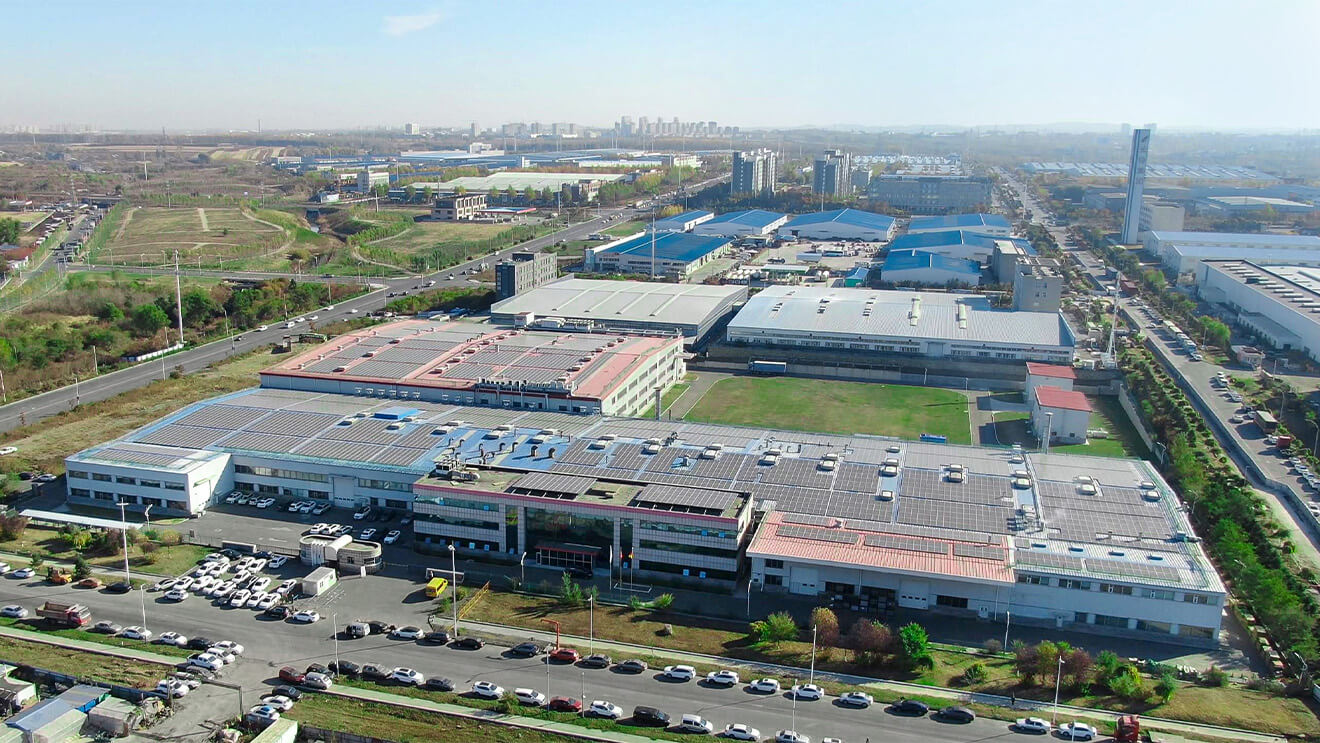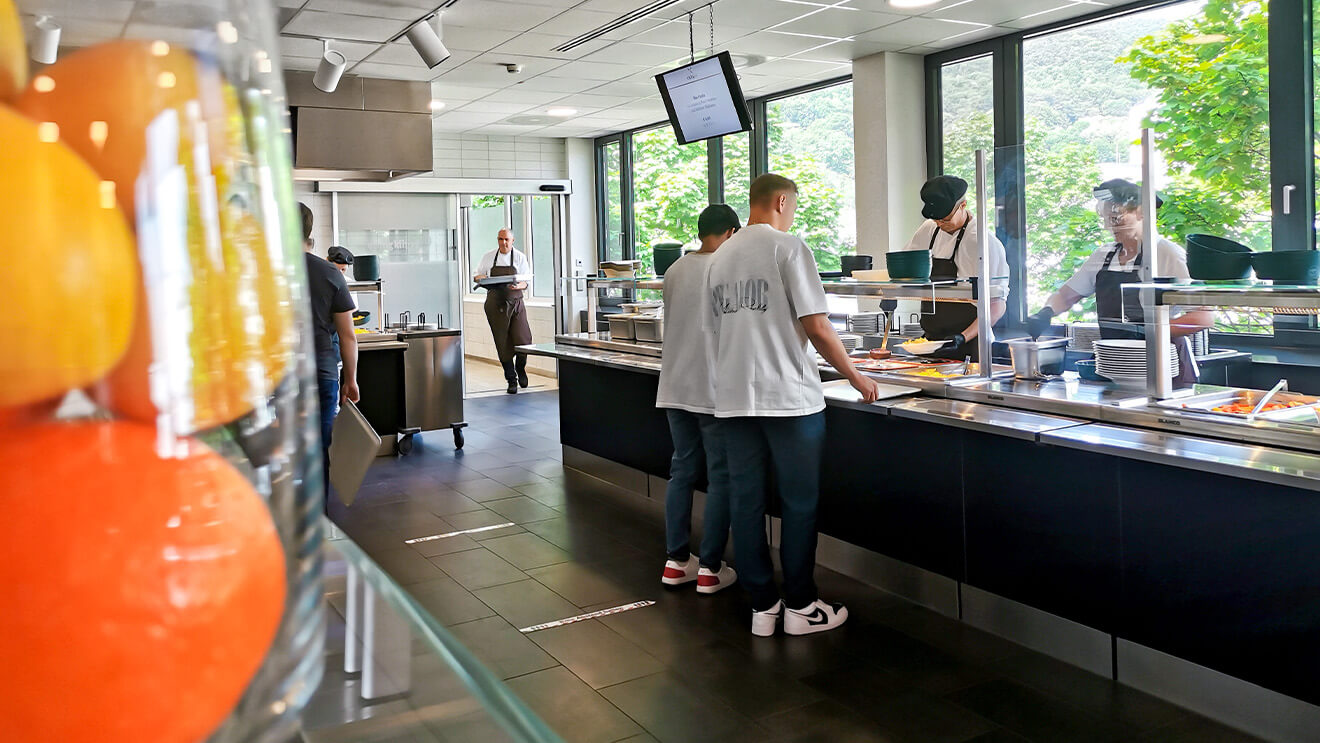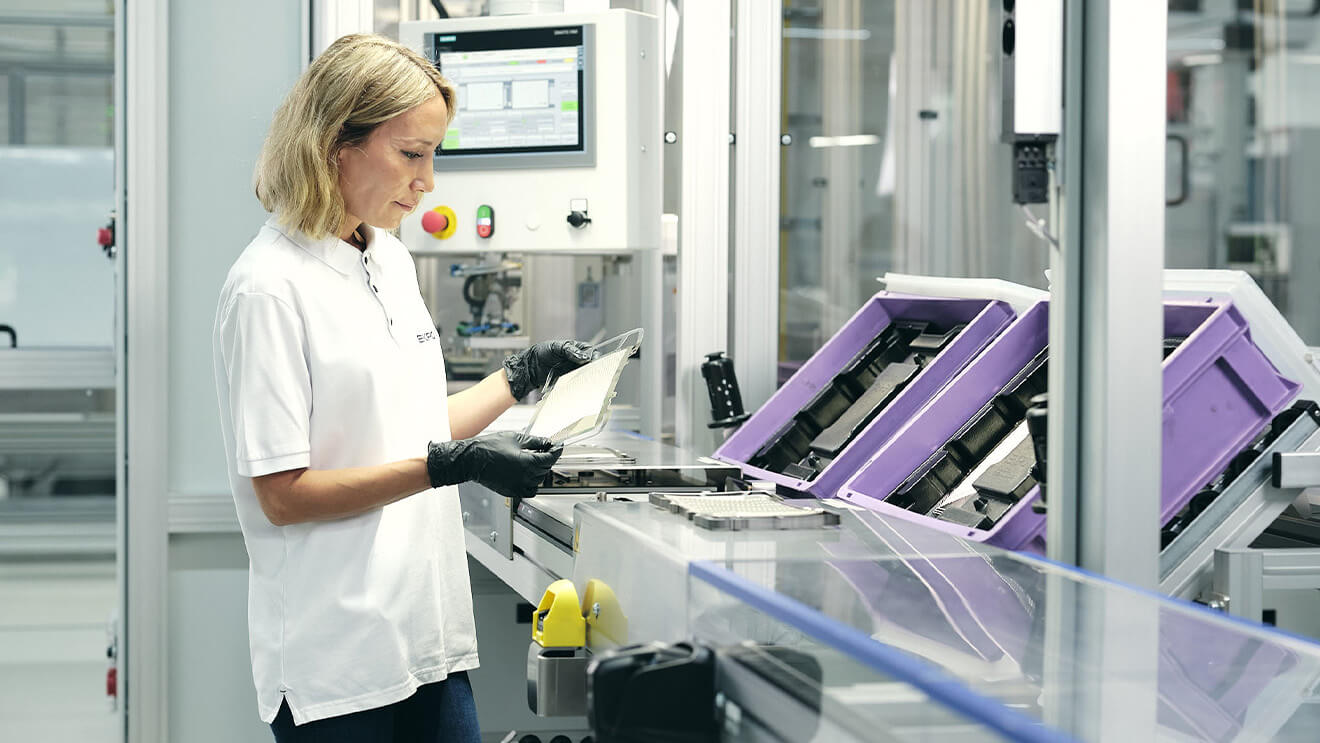Acting responsibly
Since January 1, 2023, the German Act on Corporate Due Diligence Obligations in Supply Chains (Lieferkettensorgfaltspflichtengesetz) has required companies to comply with human rights and certain environmental due diligence obligations in a manner prescribed by law and to report on these obligations. In this interview, Julian Reitenbach, Head of Governance Assurance Services, tells us more about the preparations for this in 2022 and how it is being implemented at ElringKlinger in 2023.
"The LkSG provides for human rights and environmental risks and human rights violations to be identified and proactively addressed."

Mr. Reitenbach, what does the Supply Chain Act involve?
My first impression was that the (German) name of this Act consists of a hefty 37 letters! So my first suggestion was that we should refer to it in-house as LkSG. But on closer examination, it’s a sensible law. Even during the legislative process, the focus was always on creating a level playing field, i.e., equal and fair competitive conditions for all market participants, regardless of industry. And that is absolutely the right approach. After all, there are people behind every product and every value creation.
What exactly is the law about?
Minimum legal and societal standards. I am sure that none of us would consciously want to drive a vehicle with parts that were manufactured under substandard working conditions or whose raw materials had been extracted using child labor. Greater transparency about how the raw materials and components that we buy are made would also influence the purchasing decisions of vehicle owners. In a nutshell, that is also the intention of the LkSG – to identify risks of human rights violations and damage to the environment, and then proactively address them.
What does the term supply chain mean in relation to ElringKlinger?
Basically, the Act covers every step involved in manufacturing the products in Germany and abroad – from extracting the raw materials to the delivery to the end customer. This means that what we do in our own business, along with the activities of indirect and direct suppliers, is all relevant for the LkSG.
So how exactly did you go about implementing the LkSG in 2022?
The first step was to establish an interdisciplinary project team consisting of experts from Supplier Quality Management, Purchasing, Supply Chain Management, and Strategic Communications, with my department being responsible for the project. Together, we embarked on the task of drawing up details relating to a total of six due diligence requirements. This process involves carrying out a risk analysis, producing a human rights policy statement, defining potential prevention and remediation measures, establishing a grievance procedure, and setting up a reporting process.
Risk analysis is often highlighted as a key part of the Act – do you share this view?
Yes. In this analysis, ElringKlinger identifies, evaluates, and prioritizes human rights and environmental risks relating to its own business activities and those of its direct suppliers. Any potentially risky suppliers are then grouped using other criteria. In doing so, ElringKlinger considers the severity, probability, and reversibility of the violation, the extent to which ElringKlinger is able to exert influence, and what has contributed to causing the violation. This involves a shift of perspective from the previous approach to risk management in the financial area. Human rights and environmental risks are not assessed from the company’s perspective but from the perspective of the people who are potentially affected. This analysis, which is to be updated annually from now on, provides a basis for developing appropriate preventive measures, such as providing training for the company’s employees and suppliers, considering risk factors in the purchasing process, or implementing more detailed monitoring processes in supplier management. Another important preventive measure is our policy statement on human rights and related environmental standards. It describes the principles and methods that guide us in the implementation of the legal requirements and beyond.
What else do you consider important with regard to the new law?
I also think it’s very good that lawmakers are focusing on supplier development. The Act doesn’t immediately require the termination of business relationships in the event of breaches of obligations but allows time for the company and supplier to work together to develop solutions to the problem.
In this context, we have also adapted our complaints procedure. On the basis of this procedure, anyone who suffers a human rights violation due to the business relationship or who wants to tell us of a threat to human rights will now have the opportunity to do so, anonymously if they wish, via a range of reporting channels, 24/7. This allows us to respond immediately and appropriately to such reports.
That all sounds like a lot of work. Will this change anything for the better?
We will have to wait and see before we can provide a definitive answer to your question. But I am of the firm belief that the introduction of the LkSG in Germany is a first step in the right direction, and it will be supplemented by more regulations at the European level. At least we are already in the position of having to implement the requirements and will not be thrown in at the deep end when the EU regulation arrives. By then, I expect there to be positive implications in manufacturing countries, which will be reflected in improved working conditions. But I am also of the opinion that the automotive supply industry already has higher labor standards throughout the supply chain than other industries.
Thank you very much for talking to us.










